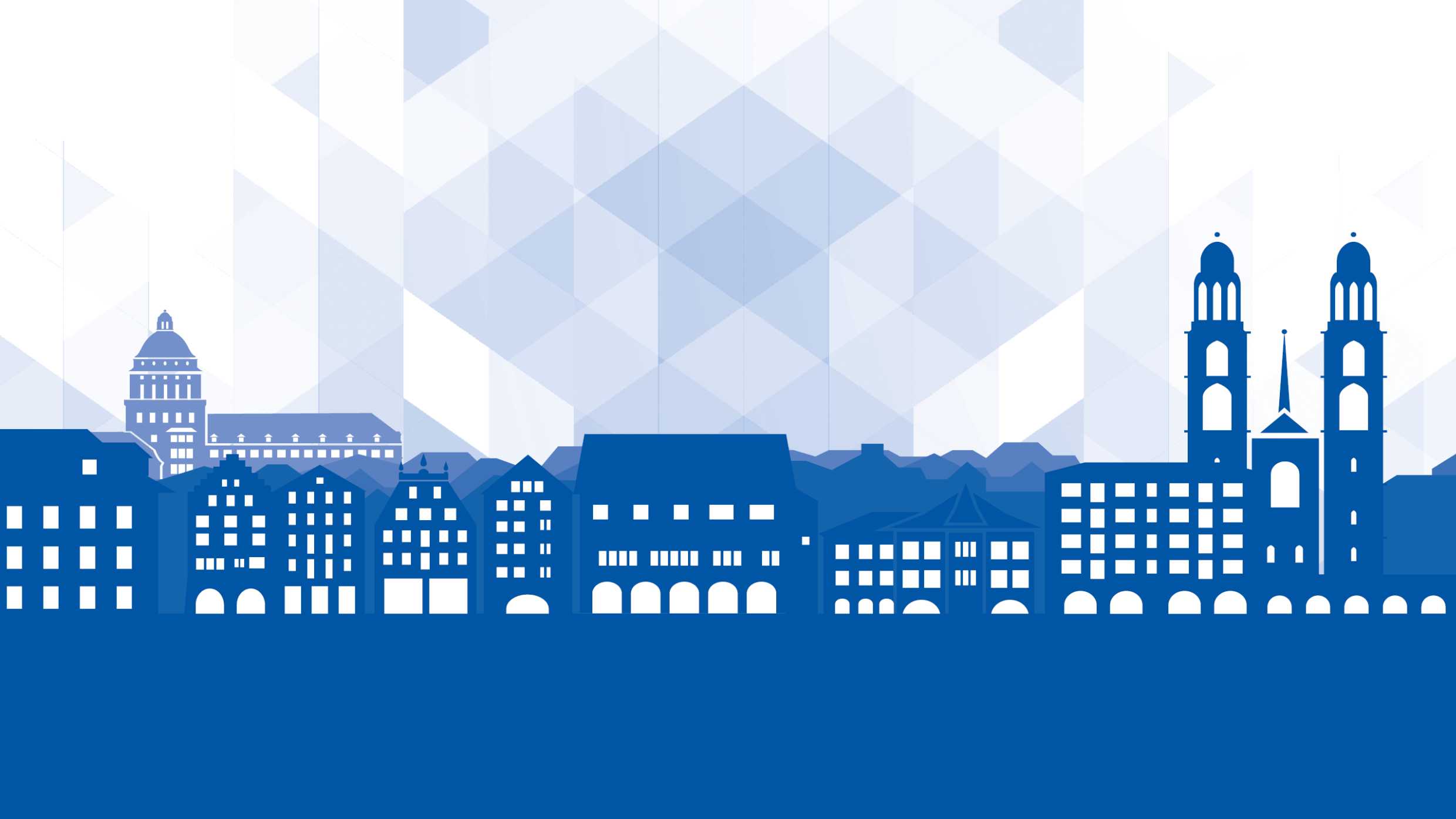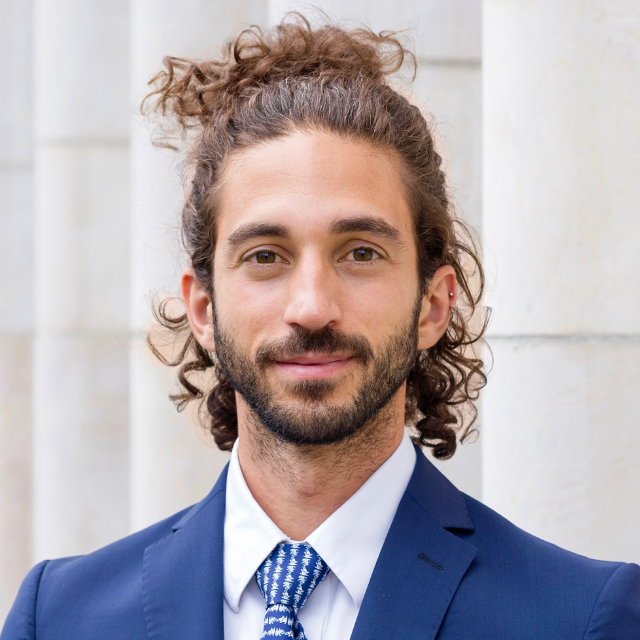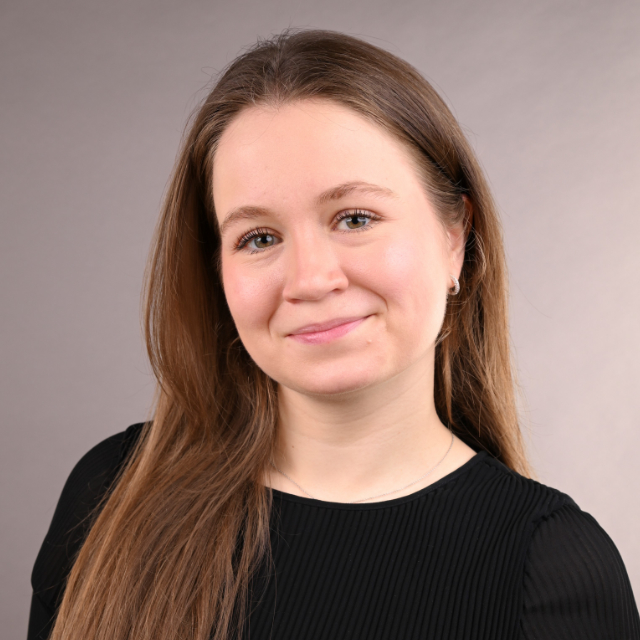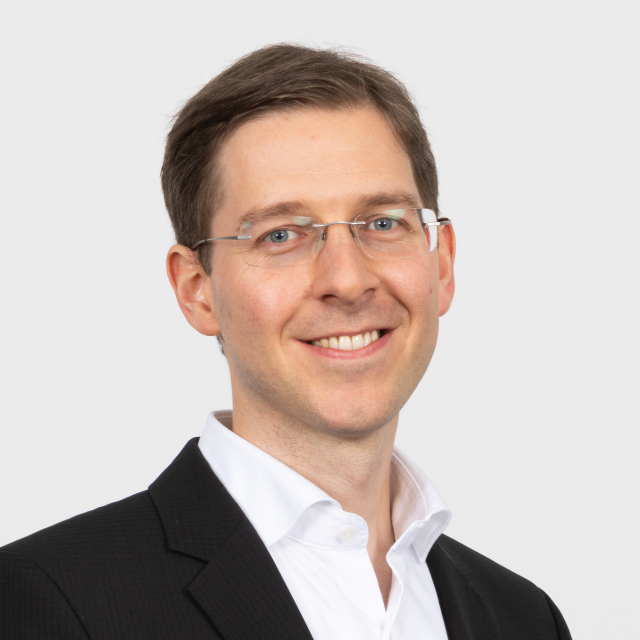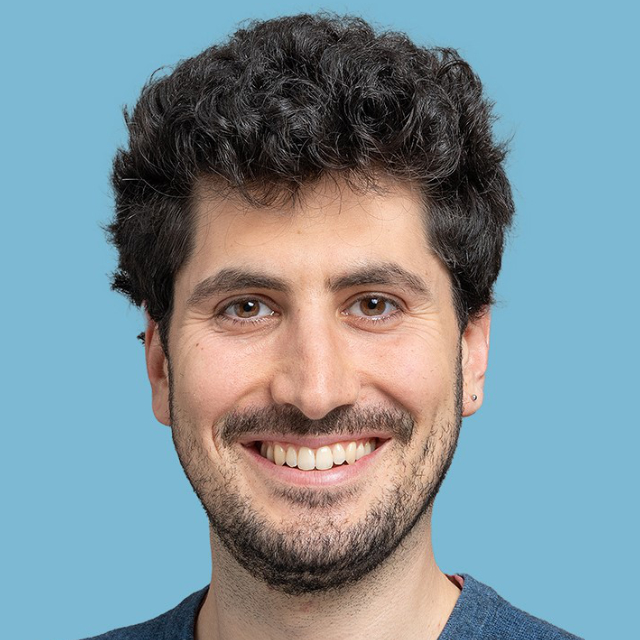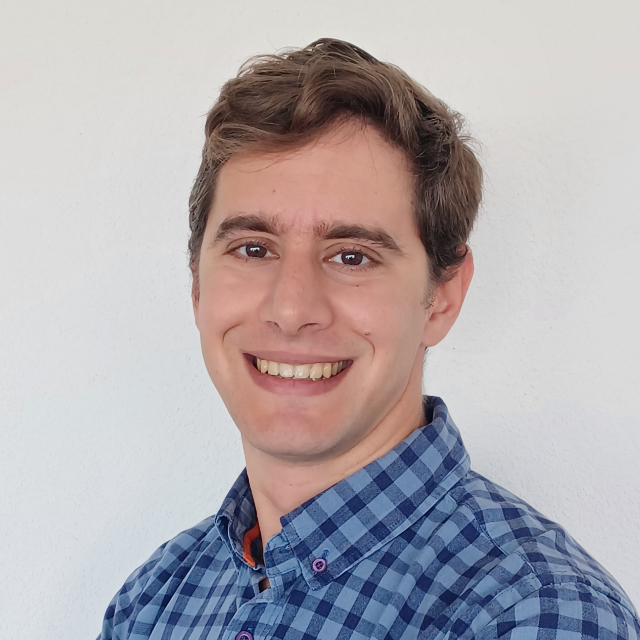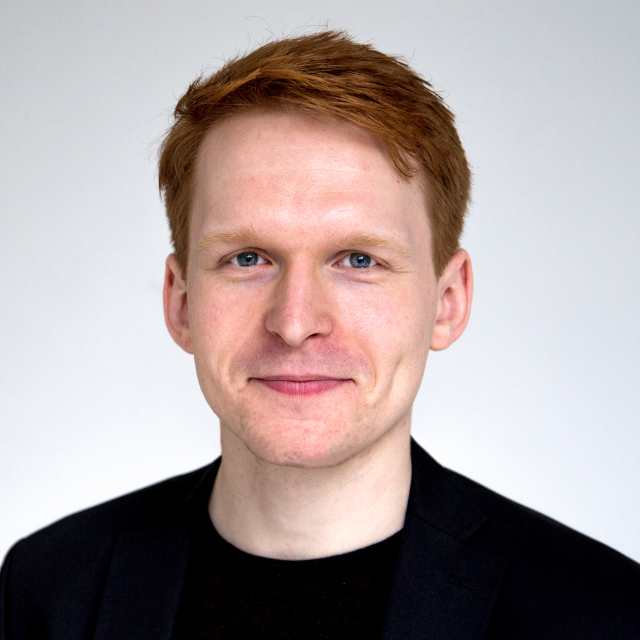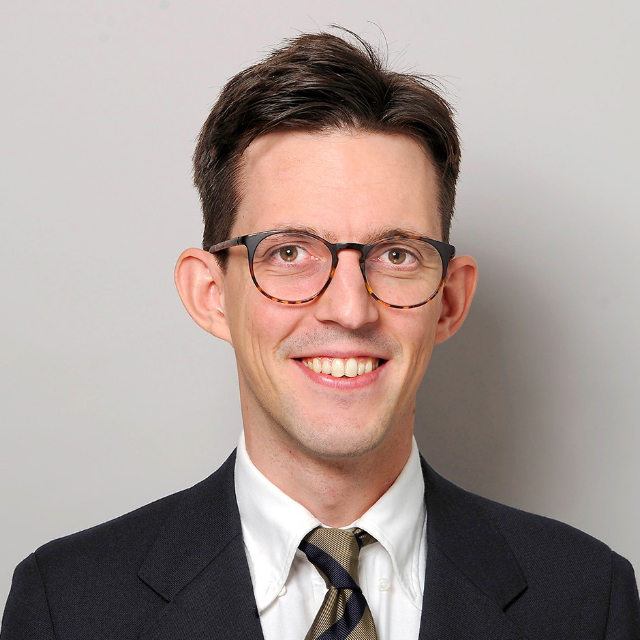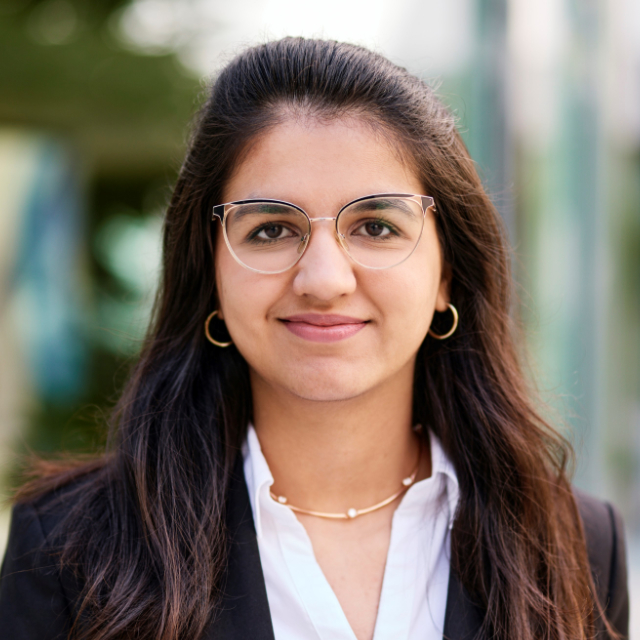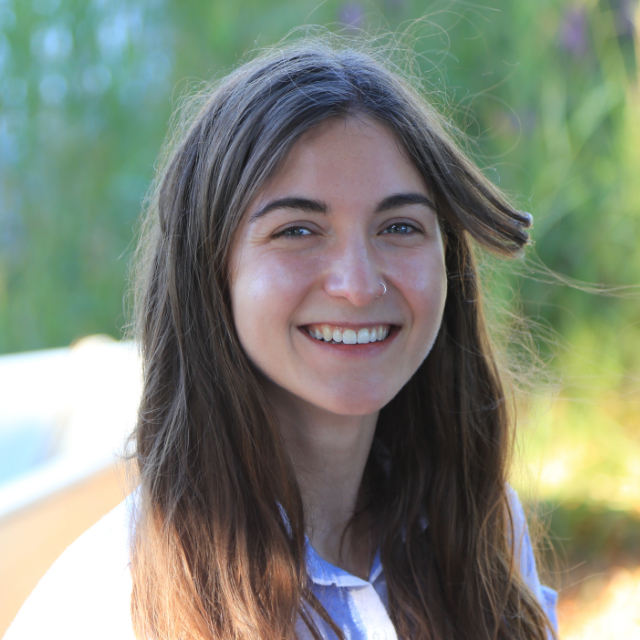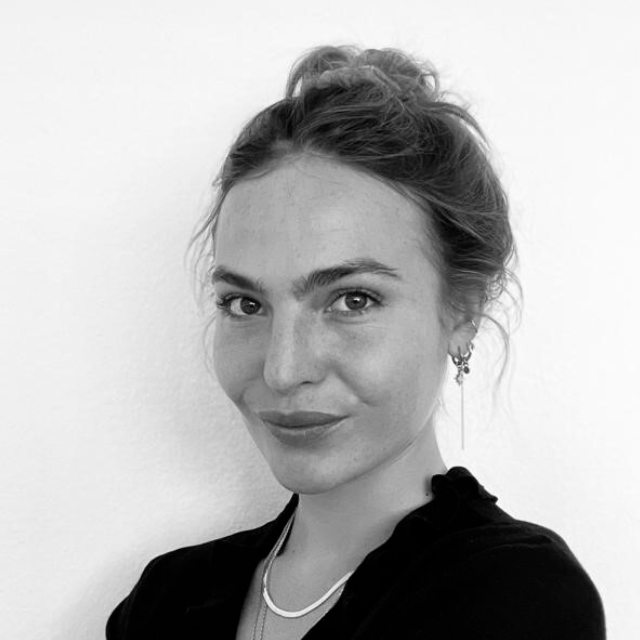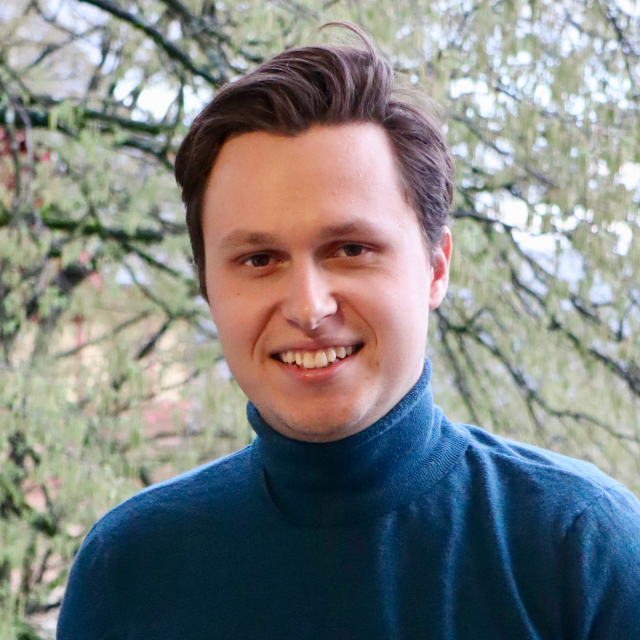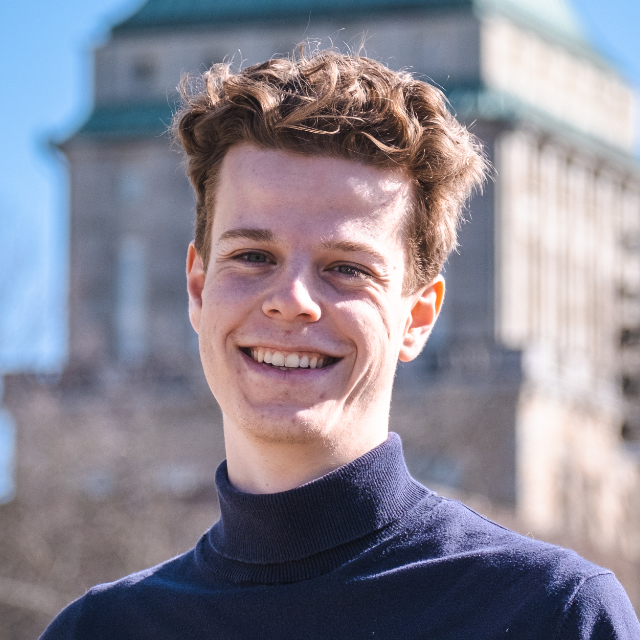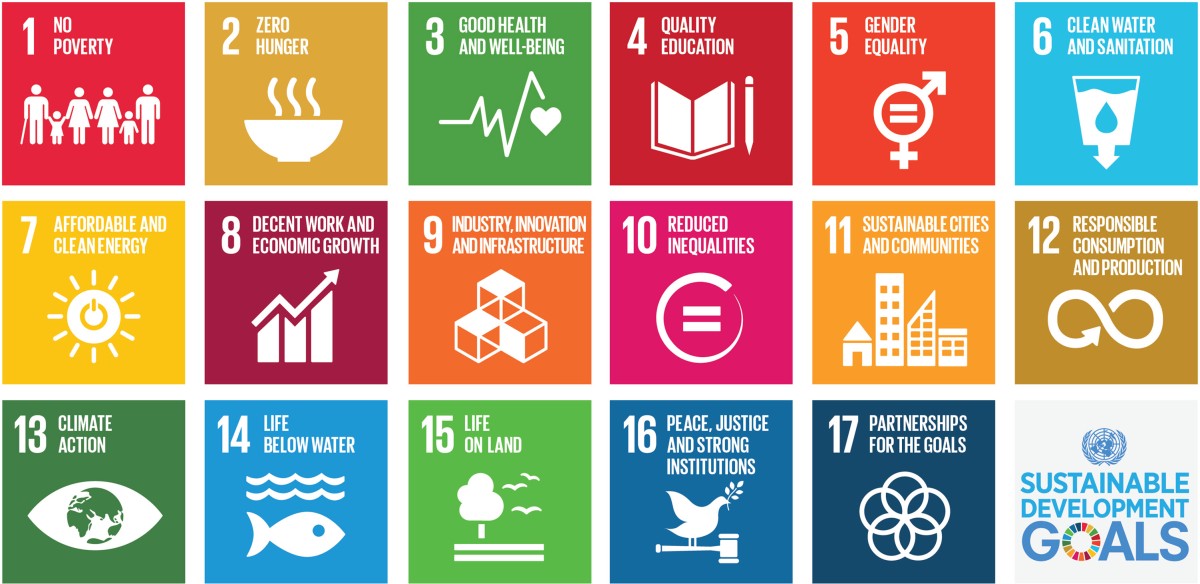Emilio Dal Re
With his outstanding dissertation entitled "Essays on Environmental and Agricultural Economics", Emilio Dal Re makes a decisive contribution to the implementation of the Sustainable Development Goals SDG 2 "Zero Hunger", SDG 8 "Decent Work and Economic Growth", and SDG 12 "Responsible Consumption and Production".
Emilio Dal Re (32) graduated cum laude with a Doctoral degree in economics from the University of Zürich in 2023. His focus during his studies was on the sustainability of coffee production, for which he won the FAN Award for young researchers and the Global Highly Commended Award at the U21 3-Minute-Thesis Competition. After his graduation he has co-founded the impact-driven startup Unbound Potential, where he is currently employed as managing director. Emilio lives in Zürich and is passionate about cycling, hiking, and ski touring.
Supervisor: Prof. David Yanagizawa-Drott (IVW)
Contact: LinkedIn Emilio Dal Re
Why Organic Coffee can be a Problem for Farmers (read Abstract)
Carlo's family has been growing coffee in Guatemala for generations. A few years ago, he switched to organic production in the hope of better profits. But with the transition came new problems - among them, a fungal disease called coffee rust, which started affecting his crops until he was left with no other choice than to abandon coffee production. Emilio Dal Re's PhD thesis reveals that Carlo’s story is not an isolated case. Many farmers transitioned to organic methods, incentivized by certification bodies and hoping for better profits, only to later discover the disproportionate impact of infectious plant diseases on their organic plantations. This resulted in crop failures, income declines, and exacerbation of existing issues such as rural emigration among youth, ultimately showing that sometimes good intentions, if not properly executed, can cause unintended negative consequences. Dal Re’s study ends by advocating for advanced monitoring systems, exploring alternative organic solutions, and educating farmers about the risks of organic farming, showing a future where economic growth and environmental conservation can coexist in harmony.
